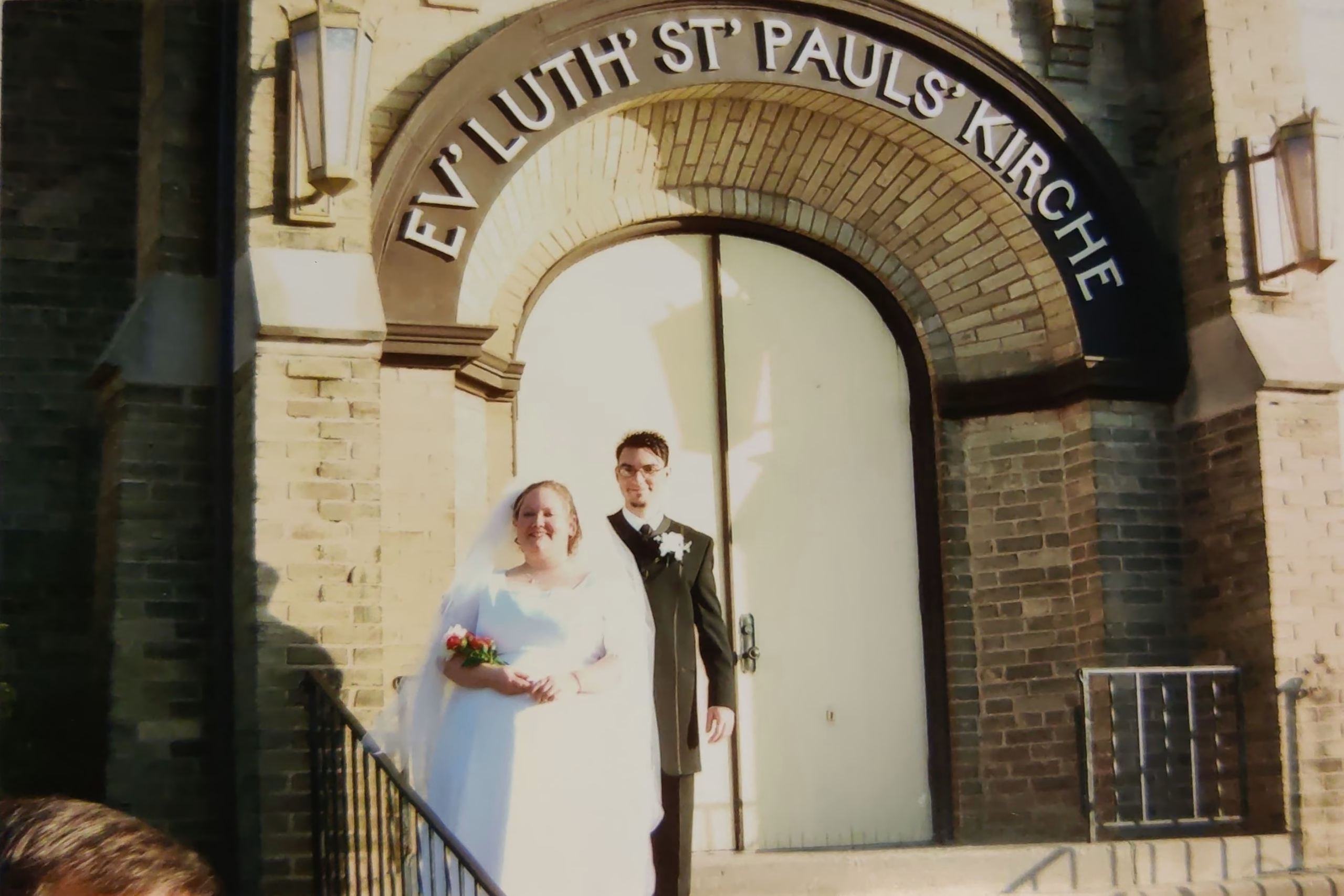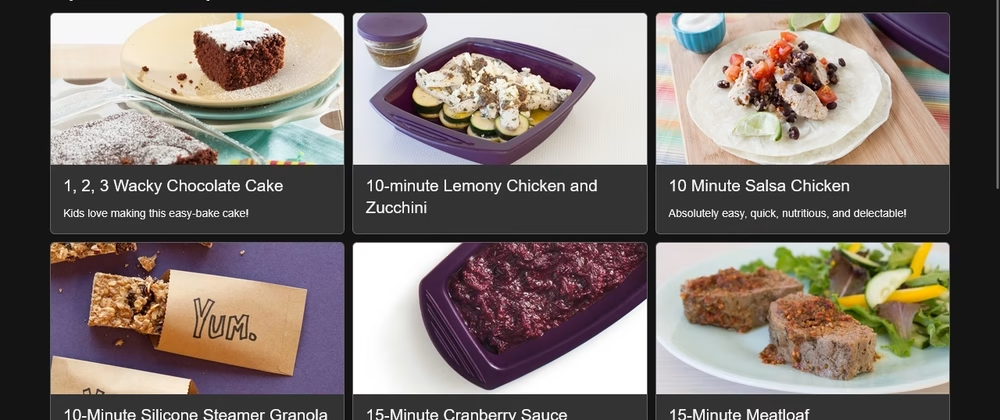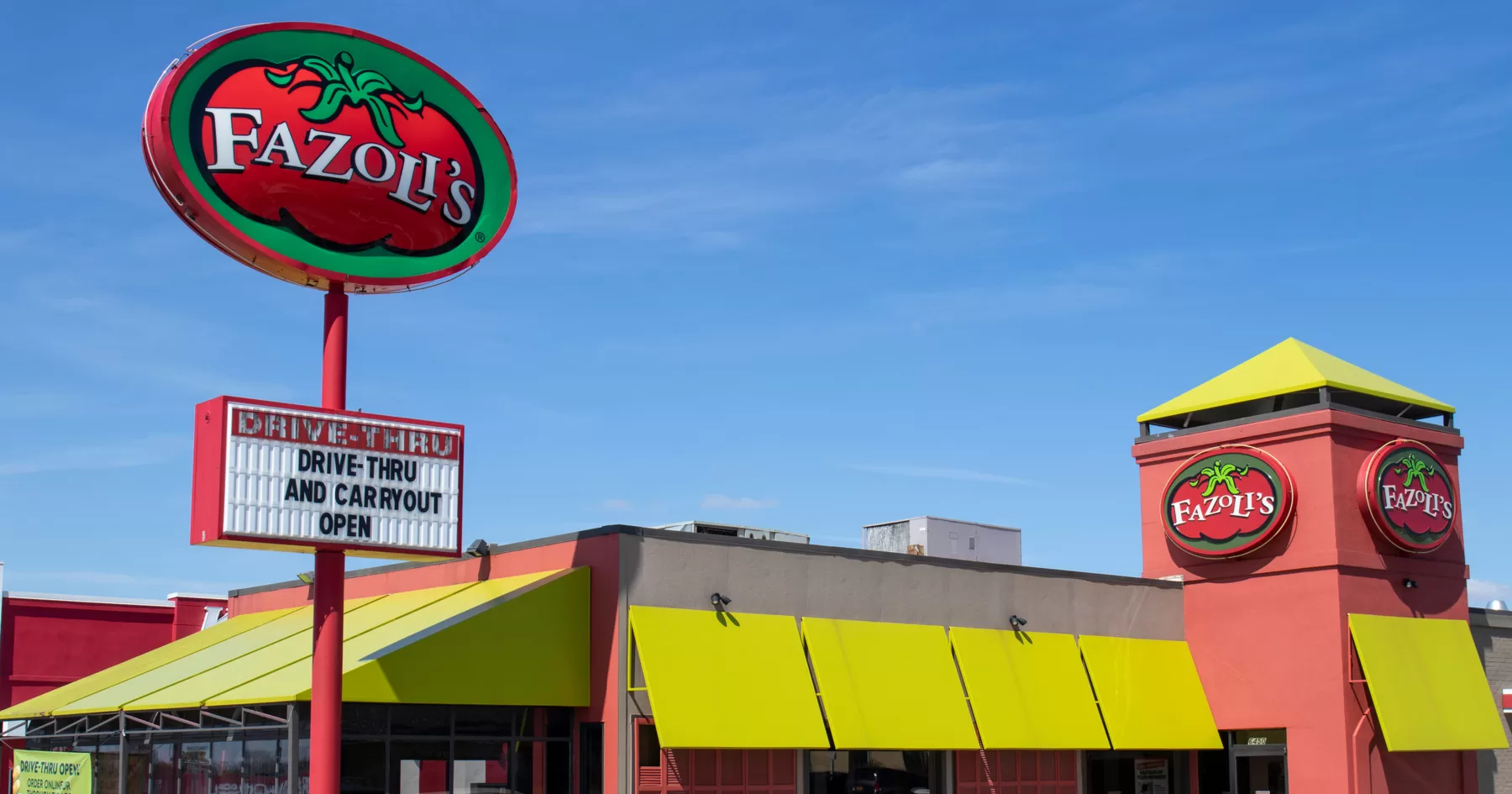Namine speaks in nearly all vowels. For whatever reason, she doesn’t make any plosive sounds. That is, B/D/P/T kind of sounds. She can make Ms, Ns (okay, with a little more difficulty), and Ls. But plosives, she can only seem to make when she plugs her nose. Speech therapy was concerned that it wasn’t just that she wasn’t making those sounds; they thought that perhaps she is incapable of making them. Remember, she’s had a lot of work done on her jaw – the mandibular distraction and the cleft palate repair. (Yeah, it doesn’t sound like a lot. Trust me. It was.) So yesterday Jessica and Namine went to see Dr. Denny, the plastic surgeon who did Namine’s jaw and palate work, to see what he thinks.
Frankly, not such great news. Dr. Denny said he believes that Namine is unable to make plosives. The reason he gave us for this is because she cannot now close her airway properly, in order to make those sounds. So the solution he proposed is to partially close her airway, basically pinching it in the middle. He will take skin from the back of her throat and put it on her palate. This will make two smaller airways, instead of one larger airway, which should enable her to be able to close off more easily, and make the sounds she cannot make now.
When someone says “close off the airway” in the same breath as mentioning your child, your immediate thought is probably about breathing. Being post-trach parents, that is doubly true for us. According to Dr. Denny, there is a risk that Namine could have more difficulty breathing after this procedure. If that’s the case, I don’t know if they will re-trach her, or what. That’s just a bridge that we’ll cross when we get to it, I suppose.
So much of being a special needs parent is just rolling with the punches and supporting your child, no matter what. Showing love and support is more important than anything. I would rather not consider Namine being trached again – not after she fought so hard to get where she is – but if that is a step that needs to be taken, then hubris and selfishness be damned. I will always be there for Namine. I will help her in whatever way I can.
But while I’m on the subject of speaking, I want to talk about one other thing. Yes, Namine speaks in all vowels, and she is pretty quiet around people she doesn’t know. But if you saw her at home, you’d hear her talking nonstop. Calling people on her hand or one of her play phones (or our real ones), singing and dancing with her toys, talking to herself, and more. She is quite the chatterbox. But that’s not the first impression that most people get of Namine. She’s a very small child – she would be small anyway, being a preemie, but the caudal regression of course has made her even more so – and she’s very quiet around those she doesn’t know or hasn’t gotten use to yet.
But even so, it is important not to mistake her quiet for stupidity. More than once she’s been called “special,” and this angers me to no end. I’m not going to name names – if you’re reading this, you know who you are – but do not call my daughter special. Her legs don’t work as well, and her heart needs extra attention, but she is just as normal as your child. And the worst thing you could possibly do is judge her intelligence based on her appearance.



Leave a Reply to Cr Eiche Cancel reply